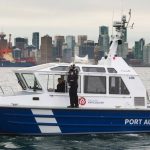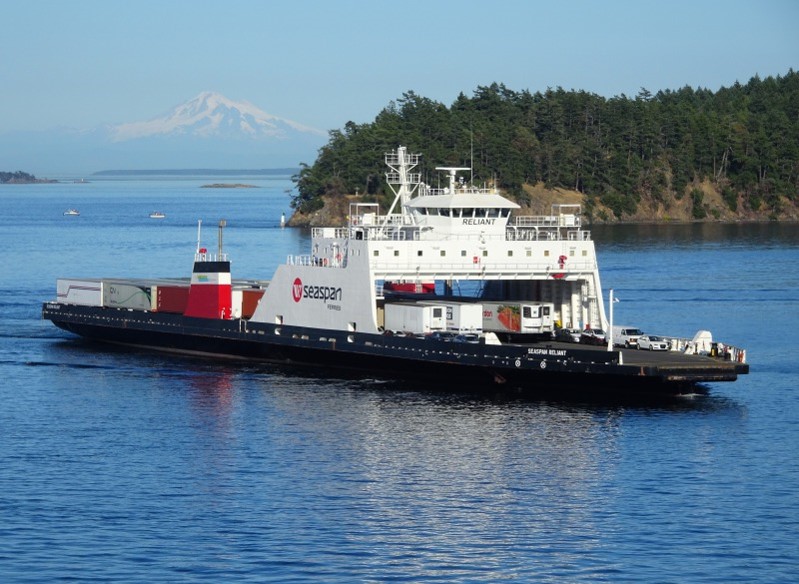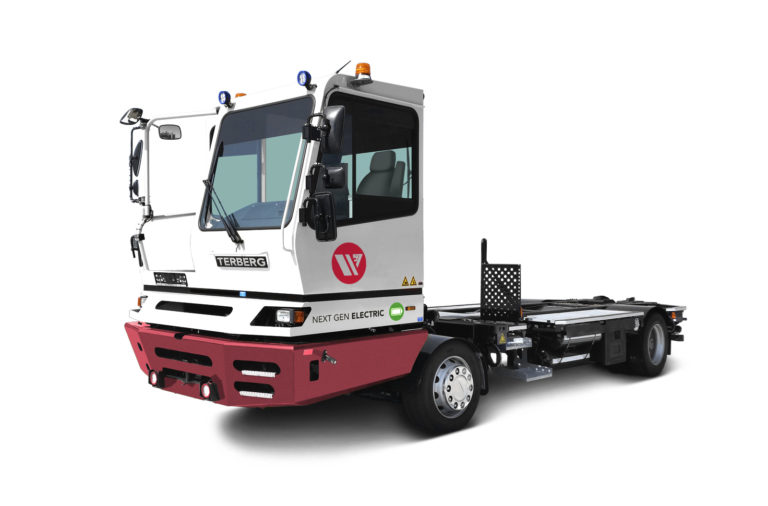The Low-Emission Technology Initiative is a joint funding partnership between the port authority and the Province of British Columbia to promote the trial and adoption of low and zero-emission fuels and technologies at the Port of Vancouver.
To date, the Low-Emission Technology Initiative has helped fund various pilot projects of low-carbon fuels and technologies in partnership with the province and industry partners across a range of port-related sectors, such as container trucking, terminal operations, harbor vessels and commercial ferries. These pilots are intended to accelerate the transition away from fossil-fuel-powered equipment at the Port of Vancouver by demonstrating the effectiveness of low-emission alternatives.
The Low-Emission Technology Initiative is one of the key ways the Vancouver Fraser Port Authority is working towards its goal under the Northwest Ports Clean Air Strategy to phase out all port-related emissions by 2050, in support of the Government of Canada’s commitment to reach net-zero emissions by 2050.
Low-emission pilot projects conducted to date

Renewable diesel
In 2022, the port authority and the province funded the trial of 100% renewable diesel on a terminal locomotive operated by Viterra and on one of the port authority’s patrol boats, the Takaya – making the port authority the first federal agency in Canada to run a vessel on 100% renewable diesel.
Renewable diesel is a non-fossil fuel energy source derived from a range of organic sources such as vegetable oils, animal fats and food waste. Using renewable diesel can result in up to 80% less net greenhouse gas emissions than regular diesel on a life-cycle basis. Shell Canada, a partner on this project, supplied the renewable diesel and provided significant technical expertise.
Biodiesel as a marine fuel

In 2020, the port authority and province helped fund the testing of 100% biodiesel as a marine fuel by Seaspan Ferries, a marine transportation company that operates a daily ferry service for consumer goods, commodities, and freight products between Vancouver Island and the Lower Mainland.
As part of the pilot project, Seaspan Ferries ran one of its commercial ferries – the Seaspan Reliant – on 100% biodiesel for a month while transporting containers of goods across the Georgia Strait, as researchers at UBC monitored its emissions. Following the success of this pilot project, Seaspan Ferries now runs all six of its commercial ferries on 100% biodiesel.
Battery electric-powered terminal trucks

In 2021, the port authority and province helped Seaspan Ferries procure two zero-emission battery-electric powered terminal trucks – the first by European manufacturer, Terberg, to be imported in North America – which will be tested as zero-carbon alternatives to trucks traditionally powered by diesel.
The two battery-electric powered terminal trucks will undergo testing at Seaspan’s Tilbury Marine Terminal on the Fraser River, after which the company will evaluate replacing its remaining 22 diesel-powered trucks with the battery-electric variety in order to curb fleet-wide emissions.
